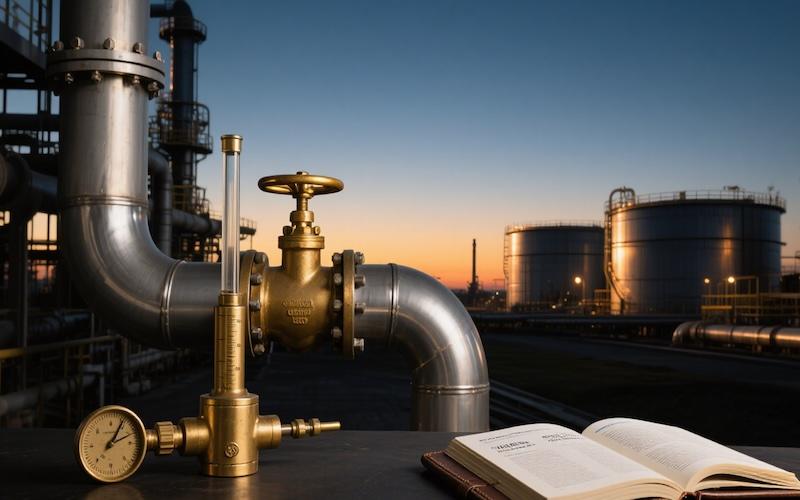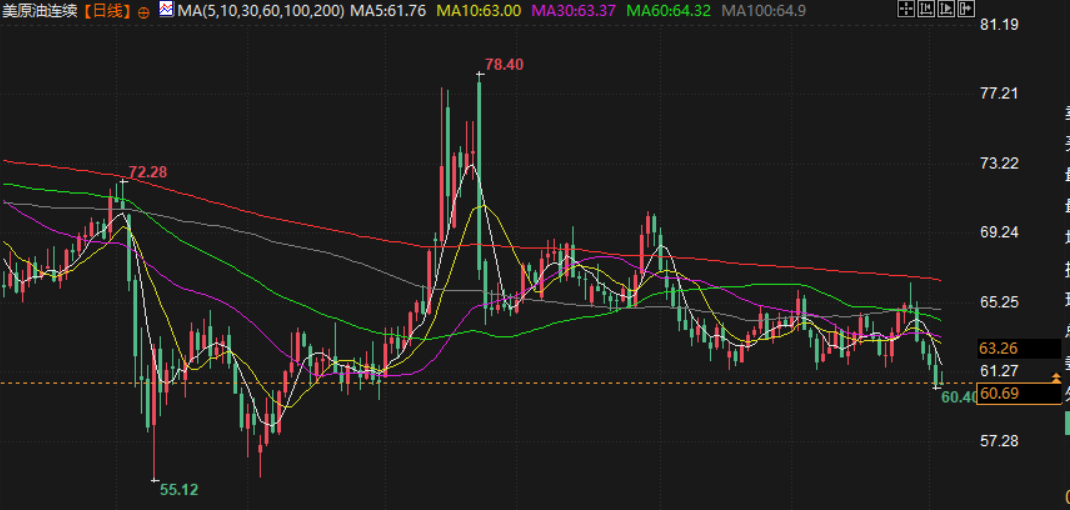OPEC+ internal disagreements exposed, Saudi Arabia and Russia fiercely clashed over the extent of production increases, and institutions are all bearish on Q4 oil prices.
2025-10-04 07:24:23

Eight OPEC+ members may further increase oil production on Sunday, people familiar with the matter said on Friday, with the group's leader Saudi Arabia pushing for a sharp increase to regain market share, while Russia suggested a more modest increase.
Four sources familiar with the OPEC+ talks said Russia and Saudi Arabia, the largest producers in the group, have occasionally disagreed in recent years on how much to increase production but usually managed to reach a compromise.
Two of the sources said Moscow wants the group to increase output by 137,000 bpd from November, the same increase as in October, to avoid pressure on prices, while Russia itself would be hard-pressed to increase production further due to sanctions.
Sources said Saudi Arabia hopes to double, triple or even quadruple the increase from October to 274,000 bpd, 411,000 bpd or 548,000 bpd as it has the ability to increase production quickly and wants to expand its market share.
OPEC said on Tuesday it had no plans to increase production by 500,000 barrels per day. OPEC did not respond to requests for further comment, while Saudi Arabia and Russia did not immediately respond to requests for comment.
Since April, OPEC+ has reversed its production cuts and increased output to expand market share and respond to pressure from U.S. President Trump to lower oil prices.
OPEC+'s production cuts peaked at 5.85 million barrels per day, consisting of three rounds: the first round saw all member countries jointly cut production by 2.2 million barrels per day, the second round saw eight member countries voluntarily cut production by 1.65 million barrels per day, and the third round saw eight countries voluntarily cut production by 2 million barrels per day.
The eight oil-producing nations plan to fully lift their third round of voluntary production cuts of 2.2 million barrels per day by the end of September. Starting in October, they will begin lifting their second round of 1.65 million barrels per day cuts, increasing production by 137,000 barrels per day. Goldman Sachs said on Tuesday it expects the group to increase its production quota by 140,000 barrels per day.
Analysts say the potential for increased OPEC+ supply, slower global refinery runs due to maintenance and a seasonal drop in demand in the coming months will weigh on market sentiment. JPMorgan analysts said they believe September marks a turning point, with the oil market set to see a significant surplus in the fourth quarter and next year.
Dennis Kissler, senior vice president of trading at BOK Financial, said that expectations of increased OPEC+ production and the reopening of the Iraqi/Kurdish oil pipeline after a two-year closure have continued to drive crude oil sellers. Hamas has also begun peace talks with the Trump administration. Coupled with the bearish EIA inventory data earlier this week, it's difficult to be bullish on crude oil in the short term.
US President Trump gave Hamas until 6 p.m. Sunday to support his 20-point peace plan or face strong military pressure.
Hamas said on Friday it was ready to release remaining hostages in Gaza as long as certain conditions of a broader peace deal were met, but did not take a clear position on other elements of U.S. President Donald Trump's 20-point peace plan.
Hamas said in a statement that in order to end the war and ensure the complete withdrawal of Israeli troops from Gaza, Hamas announced that it "agreed to release all detained occupation personnel, including the living and the remains of the dead, in accordance with the exchange plan stipulated in President Trump's proposal." "As for other issues in President Trump's proposal regarding the future of Gaza and the fundamental rights of the Palestinian people, these issues are related to a comprehensive national position rooted in relevant international law and resolutions and will be discussed within an inclusive Palestinian national framework. Hamas will be part of this framework and will contribute with full responsibility."
White House press secretary Carolyn Levitt posted a photo on social media of Trump recording a video about Hamas "accepting its peace plan."
Ship tracking data showed that U.S. crude oil exports climbed to their highest level in more than 1-1/2 years in September as U.S. refineries began seasonal maintenance and demand in Asia increased.
Derek Halpenny of MUFG Bank said in a research note that oil prices could fall as OPEC+ is expected to agree to increase production over the weekend.
Citigroup released a research report stating that Brent oil prices have fallen to $65 per barrel, reaching the bank's target price for the next 0-3 months. As we enter the fourth quarter, the bank expects OPEC+ exports to increase due to the seasonal decrease in crude oil demand in the Middle East during the summer, and the oil oversupply problem may become more pronounced in major hubs. The bank predicts that oil prices may decline in the fourth quarter, adjusting its price forecast for Brent oil to $60 for the next 0-3 months and its forecast for WTI crude oil to $57.

- Risk Warning and Disclaimer
- The market involves risk, and trading may not be suitable for all investors. This article is for reference only and does not constitute personal investment advice, nor does it take into account certain users’ specific investment objectives, financial situation, or other needs. Any investment decisions made based on this information are at your own risk.





















